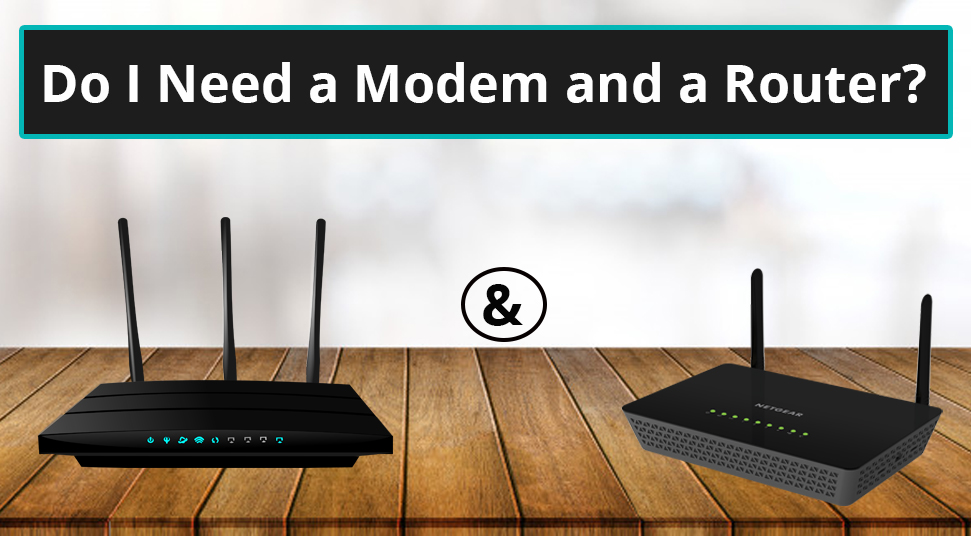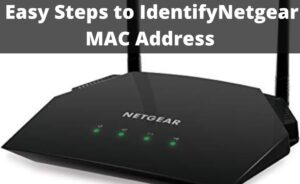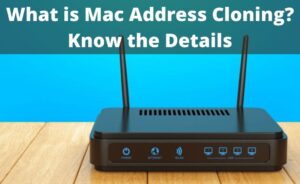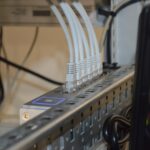Nowadays, Broadband is an essential component that helps us to fulfill various perspectives of our digital lives. Streaming music, watching online videos, playing online games, and even browsing the internet depends on it.
There are several services and equipment that bring all those bits to you. Two of the most essential components are the router and the modem. Both of the two are required to communicate between the internet and the devices.
So, if you are unable to understand why both of them are required for your home network and searching for do I need a modem and a router, then you can go through the section hereunder carefully.
What is a Modem and Why do I Need it?
As the name implies it stands for modulator-demodulator. Basically, it is sent over wiring while transmitting ‘Internet stuff.’ After knowing that all the data is represented as ones and zeros at the end of the day, it is quite difficult to send something that represents that it is definitely over metal.
Our computers are expecting that the signal is sent as either low or high and these get translated to the zeros and ones. So, after transferring data to a system, it needs to modulate into the accurate signal strength and de-modulate it to return.
A modem comes with the capability to connect the network devices of your home with the outer network. It is known as the IP address of the router that is assigned by the ISP. So, if you are using only one network device, then you can connect it directly to the modem.
But nowadays, most of the homes have several network devices. So, it is essential to manage the connection between each of the devices and also with the internet. That’s where a router can help to make this procedure easier for you.
What is a Router and Why do I Need it?
A router is mainly focused on the local networking area. It performs several functions for the connected devices within the range of your home network. Some of them are:
- A router assigns and manages the IP addresses of your home network.
- The router acts as a domain name service.
- It can help you to send the requests for a web page on the internet for your network devices as well as in delivering the results in a short time.
- A router has the ability to block incoming requests that comes from the internet. So, if you are using an advanced router, then you can configure it to let select one through.
- It can be connected with several wired devices.
- Some advanced routers come with the in-built VPN server that allows you to log into the home network remotely.
Do you Need a Modem and a Router Both at the Same Time?
If you are still thinking do you need a router and a modem both at the same time then, your answer is Yes. It is required to have a device that receives the signal of the system manufacturer or cable provider and turns them into the Ethernet. It is the time you can use a Modem.
And if you have only one device in your home, then it’s better to have a device that can help you to manage the local IP addresses that also has the ability to provide wireless coverage everywhere at your home. This is the Router.
Using 2-in-1 Routers/Modems:
It doesn’t mean that the routers and the modems need to be two separate devices. Nowadays, there are some modems available in the market that come with the in-built routing ability. There are also some reasons that might be appealing.
A single device requires one power socket and you have to know how to use one interface to manage and configure the network of your home. Moreover, a single device is more affordable than purchasing a router and modem separately.
Using a Standalone Router and Modem:
There are some constraints and reasons why you use a standalone router and separate modem. You can have a look at them:
ISP Support:
Your ISP might not support these types of combined devices. In fact, there is a chance that you have to use whenever the modem your Internet Service Provider sends.
Placement:
It’s better to have all the functions and abilities in one single device. But, separate devices provide more freedom of placement. As an example, you can put the modem in a closet, but you don’t want to place the router in there.
Features:
The Standalone routers come with advanced features than combined models. And having the advanced routing feature, VPN access, or the ability to connect a printer sharing on the same network is essential to you. You will then find all of these in a separate router.
Performance:
If suddenly the router goes offline, it is important that at least you won’t be offline totally. You can still connect the system directly with the modem. In case the router of your combined device goes, then you are probably out of luck unless you can sell it.
How to Select the Right Device for your Network?
There is a long chain of network devices that functions together to bring you online. The router and the modem are considered as the key aspects of this process.
You will need a device that has the ability to perform both of these functions. Although it’s likely for one single device to function as both, there are some advantages and disadvantages of having a compact router or modem versus two different devices.
For example, if you are thinking about the number of power outlets you have or if you prefer the simpler management of a single device, then you can use a two-in-one router or modem.
Or, if you need flexibility in the placement of the router or want certain features, then you can go with a separate device.
In case you want to read more about similar topics, you can follow our posts regularly.







